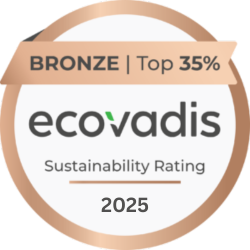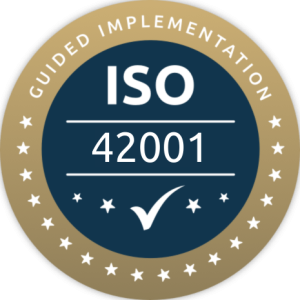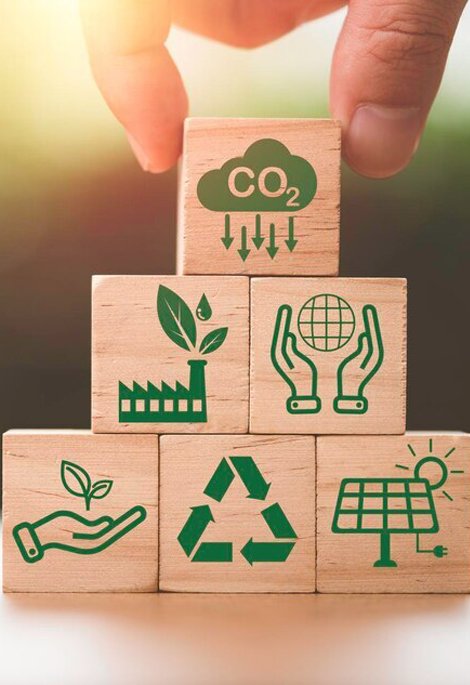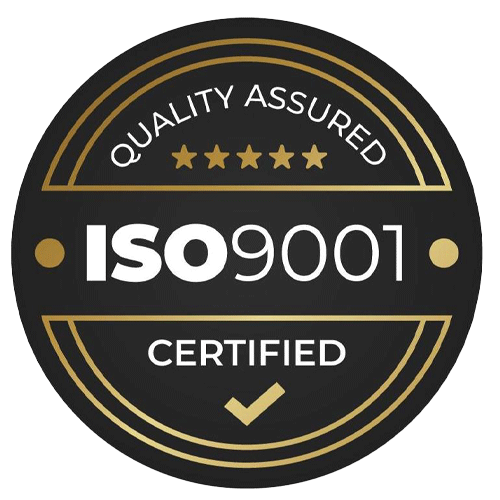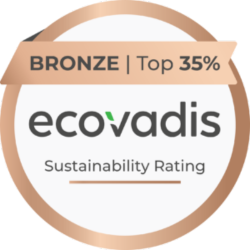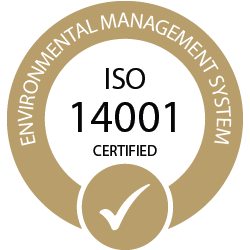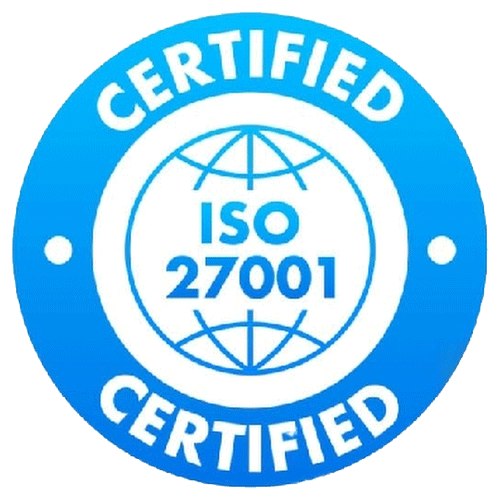Menu
Close
- Home
- Services
- SAP Services
- Enterprise Solutions
- Data & Analytics
- Artificial Intelligence
- Cloud Services
- Full Stack Development
- IT Staff Augmentation
- Resourcing
- Quality Assurance Testing
- Training
- Cyber Security
- ETRM
- Network Security Services
- SAP S/4 HANA Implementation
- SAP Staffing
- SAP Projects
- SAP Migration
- SAP Support
- SAP HCM
- Employee Central
- Time Tracking
- Employee Central Payroll
- Employee Central Service Central
- Work Zone
- Consolidation
- Central Governance
- Deployment
- Road Map
- MDM vs MDG
- Contract Management
- Sourcing & Procurement
- Guided Buying
- Catalog Management
- Supplier Network
- App Development
- Automation
- Integration
- Data and Analytics
- AI
- Business Process Automation
- Embedded EWM
- Migration Approach
- Case Study
- SAP Concur
- SAP Concur Solutions
- SAP Fieldglass
- Features
- Benefits
- Comprehensive Application Management
- Cloud Solutions
- D365 Central
- Application Modernization
- Agile and DevOps Implementation
- Oracle
- D365
- Salesforce
- TIBCO
- BW6
- AMX
- BE
- EBX
- Agile transformation
- Value-led application management
- Application modernization
- Architecture
- Intelligent automation
- DevOps
- Application transformation
- Data Integration
- Power BI
- Data Migration
- Data Management
- Big Data Analytics
- Predictive Analytics
- Data Visualization
- Architecture Assessment
- Business Understanding
- Data Acquisition & Integration
- Model Building & Training
- Iterative Improvement
- Data Lake
- Data Bricks
- Snow Flake
- Descriptive analysis
- Diagnostic analysis
- Predictive Analytics
- Prescriptive analysis
- Data Analytics
- Data Warehouse
- Data Migration
- Data Cleaning
- Data Visualization
- Data Collection
- Data Integration
- Conceptual Data Models
- Logical Data Models
- Physical Data Models
- Data Modelling Tools
- AI Chat bot
- AI Tools For Data Forcasting
- AI Powered HR Management
- AI assisted CRM
- Order Handling
- AI Supported Automation
- AI Powered Data Analytics
- AI-Powered Business Growth
- Autonomous Vehicles
- Agentic AI
- Generative AI
- AI In Business
- Driving ROI with AI
- AI Strategy Assessment
- AI Workforce Transformation
- Responsible AI Framework
- Ensuring Trust & Compliance
- Expanding Your Workforce
- Consulting
- Deep Learning
- Development
- Boost Productivity
- Process Consulting
- Support & Maintenance
- Finance & Accounting
- Cloud Migration Services
- Cloud Capabilities
- Salesforce
- Azure Consulting
- Azure Migration
- Azure Managed
- Azure Integration
- Azure Support and Maintenance
- Azure Resource Augmentation
- AWS Consulting
- AWS Migration
- AWS Managed
- AWS Integration
- AWS Support and Maintenance
- AWS Resource Augmentation
- GCP Consulting
- GCP Migration
- GCP Managed
- GCP Integration
- GCP Support and Maintenance
- GCP Resource Augmentation
- Vue
- Web Pack
- UI/UX Design
- Java Script
- React JS
- Angular
- Bootstrap
- Website Maintenance
- Multimedia Sites
- Static Website Design
- Dynamic Website Design
- Node Js
- Java(Spring)
- ASP.NET
- Spring Boot
- PHP
- Ruby on
- Rails
- Redis
- MYSQL
- Postgress
- Kafka
- MSSQL
- Monga DB
- Casandra
- CouchDB
- Node4J
- ArangoDB
- Elasticsearch
- SQS
- Zero MQ
- Rabbit MQ
- Azure
- Jenkins
- Docker
- Kubernetes
- GIT HUB
- AWS
- ELK
- Ansible
- Chef
- NGINX
- Bladecenter
- Vagrant
- VMWare
- JAVA
- SDK
- React Native
- Objective
- SWIFT
- Ionic
- PWA
- Xamarin
- Unity
- Talent Acquisition
- Global Payroll Solutions
- Partner with a proven SAP expert
- Partner with us
- Cyber Security Training
- QA Testing
- QA Testing Services
- Benefits of QA Testing Services
- QA Testing Process
- Why QA Testing Needs?
- Training programs
- Why Train with Market Cloud?
- Market Cloud Services
- why Training Needs?
- Professional training
- Cyber Security Services
- Our Offerings
- Why Market Cloud for your Cyber Security
- Recognition / Endorsement / Mapping
- ETRM Solutions
- Modern Energy Businesses
- ETRM Solutions
- Why ETRM System?
- Why Network Security solutions?
- Our Capabilities
- Our Approach
- Industries & Use Cases
- About Us
- Careers
- Contact Us
- Home
- Services
- SAP Services
- Enterprise Solutions
- Data & Analytics
- Artificial Intelligence
- Cloud Services
- Full Stack Development
- IT Staff Augmentation
- Resourcing
- Quality Assurance Testing
- Training
- Cyber Security
- ETRM
- Network Security Services
- SAP S/4 HANA Implementation
- SAP Staffing
- SAP Projects
- SAP Migration
- SAP Support
- SAP HCM
- Employee Central
- Time Tracking
- Employee Central Payroll
- Employee Central Service Central
- Work Zone
- Consolidation
- Central Governance
- Deployment
- Road Map
- MDM vs MDG
- Contract Management
- Sourcing & Procurement
- Guided Buying
- Catalog Management
- Supplier Network
- App Development
- Automation
- Integration
- Data and Analytics
- AI
- Business Process Automation
- Embedded EWM
- Migration Approach
- Case Study
- SAP Concur
- SAP Concur Solutions
- SAP Fieldglass
- Features
- Benefits
- Comprehensive Application Management
- Cloud Solutions
- D365 Central
- Application Modernization
- Agile and DevOps Implementation
- Oracle
- D365
- Salesforce
- TIBCO
- BW6
- AMX
- BE
- EBX
- Agile transformation
- Value-led application management
- Application modernization
- Architecture
- Intelligent automation
- DevOps
- Application transformation
- Data Integration
- Power BI
- Data Migration
- Data Management
- Big Data Analytics
- Predictive Analytics
- Data Visualization
- Architecture Assessment
- Business Understanding
- Data Acquisition & Integration
- Model Building & Training
- Iterative Improvement
- Data Lake
- Data Bricks
- Snow Flake
- Descriptive analysis
- Diagnostic analysis
- Predictive Analytics
- Prescriptive analysis
- Data Analytics
- Data Warehouse
- Data Migration
- Data Cleaning
- Data Visualization
- Data Collection
- Data Integration
- Conceptual Data Models
- Logical Data Models
- Physical Data Models
- Data Modelling Tools
- AI Chat bot
- AI Tools For Data Forcasting
- AI Powered HR Management
- AI assisted CRM
- Order Handling
- AI Supported Automation
- AI Powered Data Analytics
- AI-Powered Business Growth
- Autonomous Vehicles
- Agentic AI
- Generative AI
- AI In Business
- Driving ROI with AI
- AI Strategy Assessment
- AI Workforce Transformation
- Responsible AI Framework
- Ensuring Trust & Compliance
- Expanding Your Workforce
- Consulting
- Deep Learning
- Development
- Boost Productivity
- Process Consulting
- Support & Maintenance
- Finance & Accounting
- Cloud Migration Services
- Cloud Capabilities
- Salesforce
- Azure Consulting
- Azure Migration
- Azure Managed
- Azure Integration
- Azure Support and Maintenance
- Azure Resource Augmentation
- AWS Consulting
- AWS Migration
- AWS Managed
- AWS Integration
- AWS Support and Maintenance
- AWS Resource Augmentation
- GCP Consulting
- GCP Migration
- GCP Managed
- GCP Integration
- GCP Support and Maintenance
- GCP Resource Augmentation
- Vue
- Web Pack
- UI/UX Design
- Java Script
- React JS
- Angular
- Bootstrap
- Website Maintenance
- Multimedia Sites
- Static Website Design
- Dynamic Website Design
- Node Js
- Java(Spring)
- ASP.NET
- Spring Boot
- PHP
- Ruby on
- Rails
- Redis
- MYSQL
- Postgress
- Kafka
- MSSQL
- Monga DB
- Casandra
- CouchDB
- Node4J
- ArangoDB
- Elasticsearch
- SQS
- Zero MQ
- Rabbit MQ
- Azure
- Jenkins
- Docker
- Kubernetes
- GIT HUB
- AWS
- ELK
- Ansible
- Chef
- NGINX
- Bladecenter
- Vagrant
- VMWare
- JAVA
- SDK
- React Native
- Objective
- SWIFT
- Ionic
- PWA
- Xamarin
- Unity
- Talent Acquisition
- Global Payroll Solutions
- Partner with a proven SAP expert
- Partner with us
- Cyber Security Training
- QA Testing
- QA Testing Services
- Benefits of QA Testing Services
- QA Testing Process
- Why QA Testing Needs?
- Training programs
- Why Train with Market Cloud?
- Market Cloud Services
- why Training Needs?
- Professional training
- Cyber Security Services
- Our Offerings
- Why Market Cloud for your Cyber Security
- Recognition / Endorsement / Mapping
- ETRM Solutions
- Modern Energy Businesses
- ETRM Solutions
- Why ETRM System?
- Why Network Security solutions?
- Our Capabilities
- Our Approach
- Industries & Use Cases
- About Us
- Careers
- Contact Us



